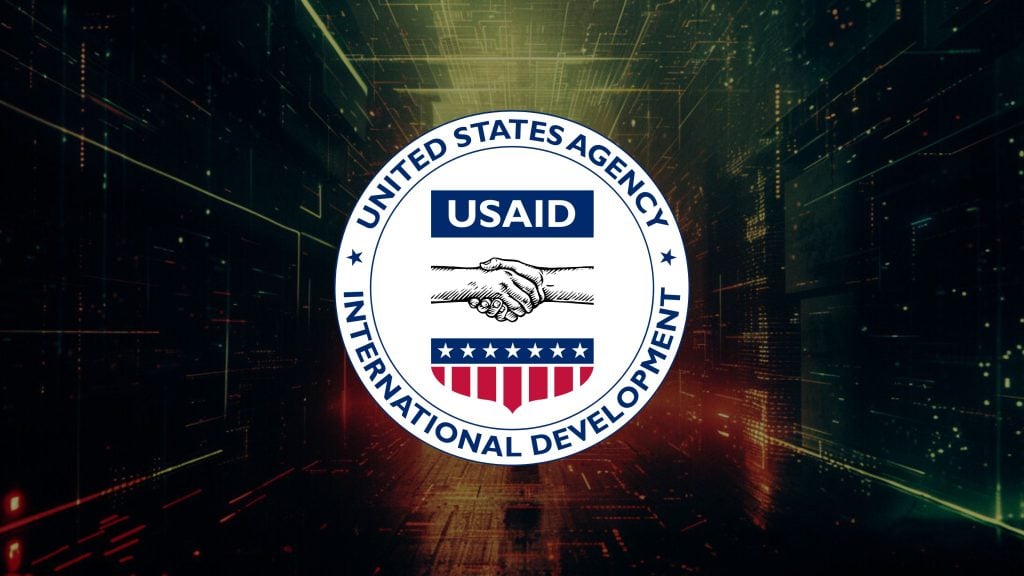First, they purposefully destroy something, and then they want to “get the contract” to rebuild it.
Would you trust somebody with the job – if the above statement referred to, say, your house?
Yet, we are now seeing tireless efforts by the same groups, official and informal, the same centers of power who spent years circulating alarmist statements about a supposedly dangerous prevalence of “misinformation” in the media – wanting to be the ones to tell the world how to “rebuild trust in the media.”
In the new episode of World Economic Forum (WEF) series of musings – a bid to lay the foundations of a future “world (dis)order” on a number of key issues – the Switzerland-based global elite’s mouthpiece touches on precisely the trust in the media – and how to bake AI into their proposed solution.
At the same time, the Global Coalition for Digital Safety, which is its “public-private coalition to tackle harmful content and conduct online” – is being promoted.
It bears repeating, the problem of mistrust in the media is created by the likes of the WEF, i.e., its “stakeholders”: it’s the censorship enacted by the most influential legacy media, with the excuse of fighting “misinformation.”
And now it’s true: why would anyone believe this media? Censorship opponents say – that’s the outcome of unjustified censorship – while the WEF argues, that those outlets weren’t censoring enough, i.e., they let too much “misinformation” through.
The figure of “only 40% of the population trusting news” in the UK is mentioned. They don’t go into exactly why – but imply – it’s “rampant disinformation.”
By whom? (They don’t go into that, either.)
Giving a no doubt grateful nod to the Covid pandemic, as a factor making all this mess possible in the first place, and laboring from its own point of view, the WEF now has this “6-step solutions” to propose:
Reducing exposure to harmful content online; Building awareness about the trustworthiness of news media; Enhancing media information literacy; Mitigating the risks and leveraging opportunities emerging from generative AI; Reinforcing trustworthiness through transparency and accountability; and then – increasing interest and engagement in news media.
The write-up, that comes from WEF’s head of media, entertainment, and sport industry (department?), among others, had these thoughts to share.
“A key lesson of generative AI is that content is now fully commodified. Journalists must stop seeing their value resident solely in their content and instead reimagine the field in a newly connected world, around serving communities and improving public discourse by finding, supporting, and sharing voices too long not heard in mass media” – Jeff Jarvis, formerly head of CUNY Graduate School of Journalism Center for Entrepreneurial Journalism, is cited as saying.






















